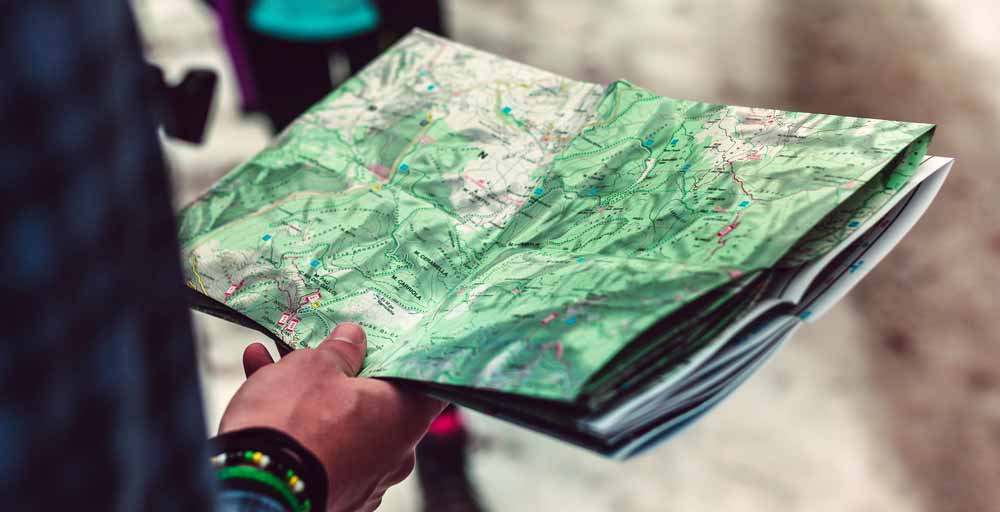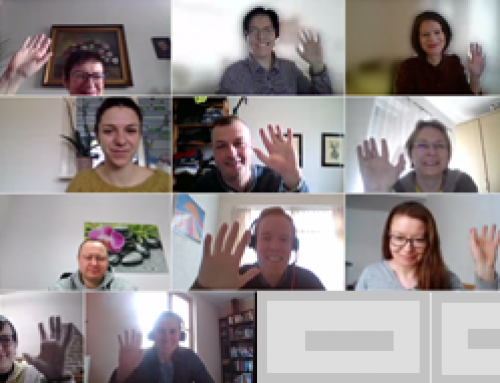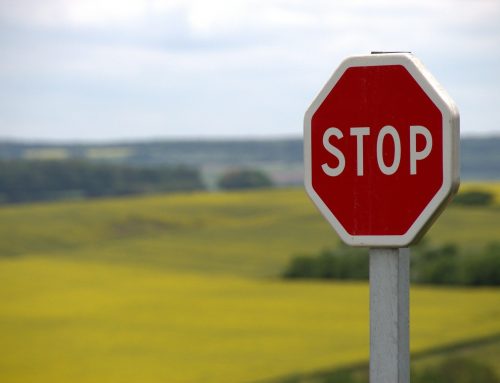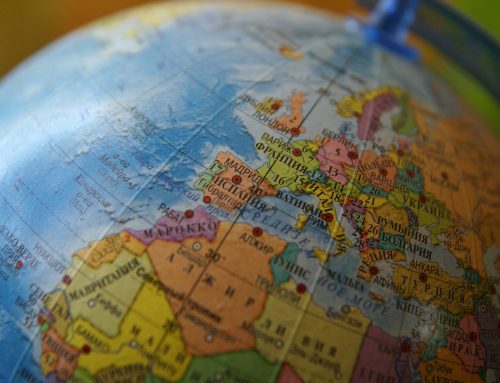Boosting bioeconomy in ten European regions
POWER4BIO develops regional bioeconomy strategies and roadmaps by cross-border knowledge exchange

The bio-based economy is a powerfully emerging sector with huge potential, moving roughly €2 billion and providing employment for almost 22 million people across Europe. Nevertheless, there are still many European regions that do not take full advantage of their potential in yielding sustainable products instead of fossil-based resources. The project POWER4BIO aims at supporting these regions in boosting the bio-based economy in their areas and analysing the transition from a realistic and competitive standpoint. The project activities are backed by €3 million of funding from the European Commission under the Horizon 2020 programme.
In October 2018, POWER4BIO started its activities with the Kick-off meeting in Brussels. Focusing on awareness-raising, networking, policy dialogues and mutual learning, POWER4BIO aims at empowering EU regions to maximise the use of their locally available biomass feedstock and will run for 30 months until March 2021. The POWER4BIO consortium consists of 17 institutions from Germany, Belgium, Slovakia, Spain, Greece, Netherlands, Hungary, Italy, Poland, the Czech Republic and Ukraine and is coordinated by the Spanish Research Centre for Energy Resources and Consumption, CIRCE.
The activities involved in the project will take place in five regions in Central and Eastern Europe and another five in Western Europe, the idea is for any region in Europe to be able to benefit from the results achieved. Altogether, there are ten regions involved representing an estimated population of 88 million Europeans, a GDP of €2.4 billion and a surface area of 450,000 km2.
To help achieve their goals, POWER4BIO will equip these regions with the tools and guidelines they need to implement sound, sustainable and competitive bioeconomy strategies in the short term by leveraging mature technologies. This will involve using biomass (agri-forest and agrarian waste) and natural resources from other sectors. Thanks to the variety of regions taking part, the strategies developed will be suitable for the rest of Europe, meaning that each area can adapt them according to their local raw materials and resources. Using these raw materials from natural sources will help develop new more sustainable products in the sectors of textiles, plastics, automotive, food for humans and animals, fertilisers and many more.
POWER4BIO will start by mapping the waste and raw materials available in each region, as well as the capacity the regions have in terms of know-how, business fabric, logistics, etc. to drive the transition towards a bio-based economy. An assessment will be carried out to analyse which current technologies are suitable for making use of and transforming the raw materials available. A series of best practices will be applied in Europe and draw up roadmaps and guidelines to help the regions understand, identify and pick out the most appropriate solutions to develop their local bioeconomy.
The POWER4BIO consortium will be guiding the regions through the process of defining their own bioeconomy strategies based on everything they learn from this project. The partners will also organise a training programme to encourage regional technicians to qualify in this field.
The ultimate goal is to develop a set of tools that can be used by any other region and to boost collaboration among regions, both within the same country and between countries, creating a sustainable socio-economic system based on efficient use of local natural resources.
For further information, follow us




